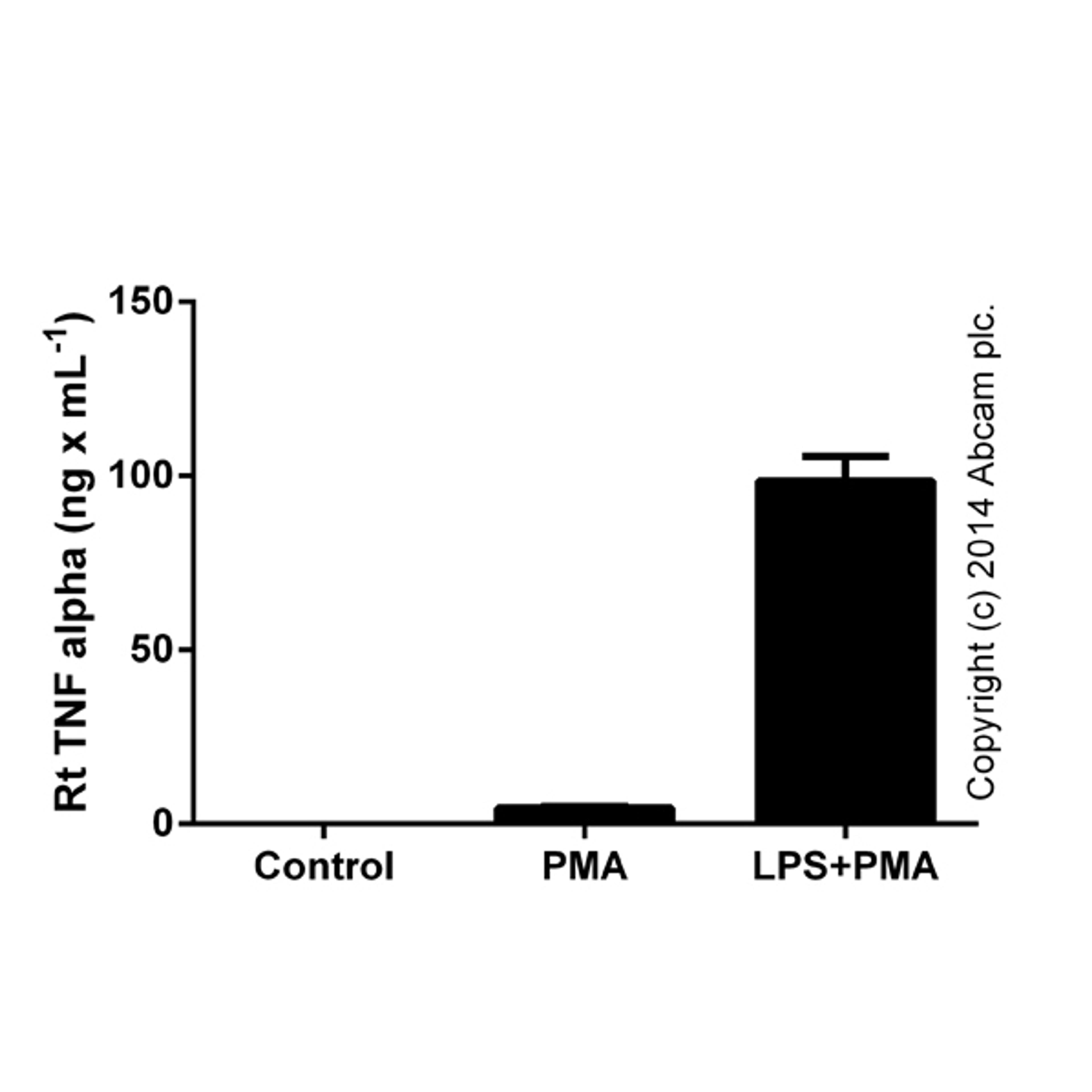Engineered knockout cell lysates for reproducible proteomic analysis
Abcam's new offering enables proteomic studies by providing
2 Dec 2019
Abcam’s new engineered knockout cell lysates enable proteomic studies by providing researchers with “true negative” controls.
Acquiring reliable off-the-shelf knockout mouse models or cell lines that match specific experimental requirements can be challenging, and often need to be sourced directly from individual researchers or labs. Abcam’s newly-launched collection addresses this issue by providing access to over 2,800 diploid KO cell lysates, the largest selection currently available to researchers.
The lysates are useful for studies requiring loss-of-function phenotypes at the proteomic level as well as routine applications such as Western blotting and mass spectroscopy. They also can be used to support antibody and target validation. The use of diploid cells makes the lysates well suited to the more complex studies often carried out in cancer research.
Derived from commonly used immortalized cell lines, KO lysates have been engineered using CRISPR-Cas9 and are accompanied by Sanger sequencing and Western blotting validation data. Corresponding wild-type controls are also provided so that the biological impact of each KO lysate can easily be assessed within a consistent cellular background.
Abcam’s KO cell lysates deliver:
- Access to thousands of CRISPR-Cas9-engineered KO cell lysates of interest, without needing to generate or purchase a KO cell line, saving on average 4–12 weeks’ work in the lab
- Minimal preparation required
- Diploid KO lysates derived from commonly used cell lines including HeLa, HEK293T, A549, HCT116, Hep G2 and MCF
Want more of the latest science news straight to your inbox? Become a SelectScience Member for free today>>

